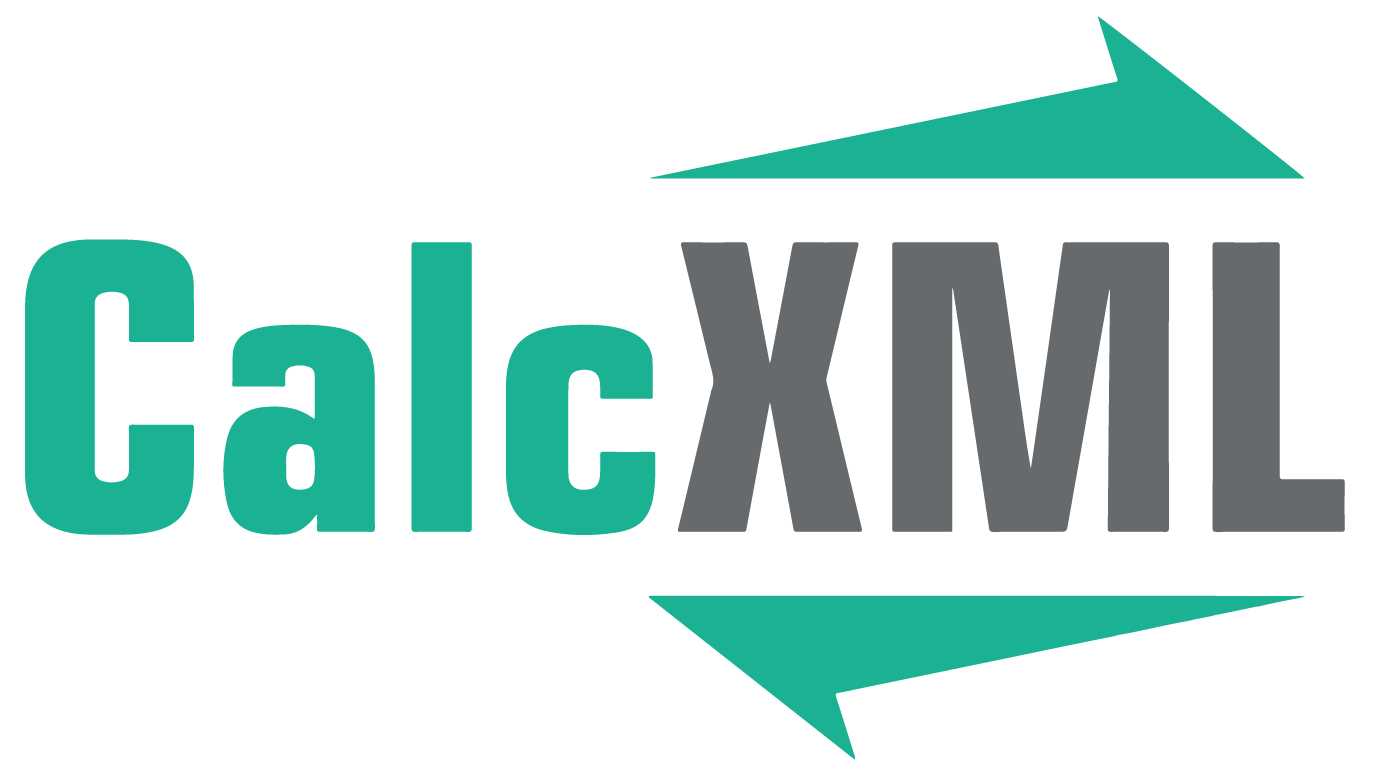Compound Interest Calculator
¿Cúal Es El Valor Del Interés Compuesto?
El interés compuesto puede tener un efecto dramático en el aumento de una inversión. Utilice éste calculador para ilustrar el impacto del interés compuesto en el valor futuro de una inversión.
Esta información puede ayudarle a analizar sus necesidades financieras. Se basa en la información y las suposiciones que usted proporciona sobre sus objetivos, expectativas y situación financiera. De los cálculos no se deduce que la empresa asuma ninguna obligación fiduciaria. Los cálculos proporcionados no deben interpretarse como asesoramiento financiero, jurídico o fiscal. Además, esta información no debe considerarse como la única fuente de información. Esta información procede de fuentes que consideramos confiables, pero no podemos garantizar su exactitud. Las ilustraciones hipotéticas pueden proporcionar información sobre el rendimiento histórico o actual. Los resultados pasados no garantizan ni indican resultados futuros.






